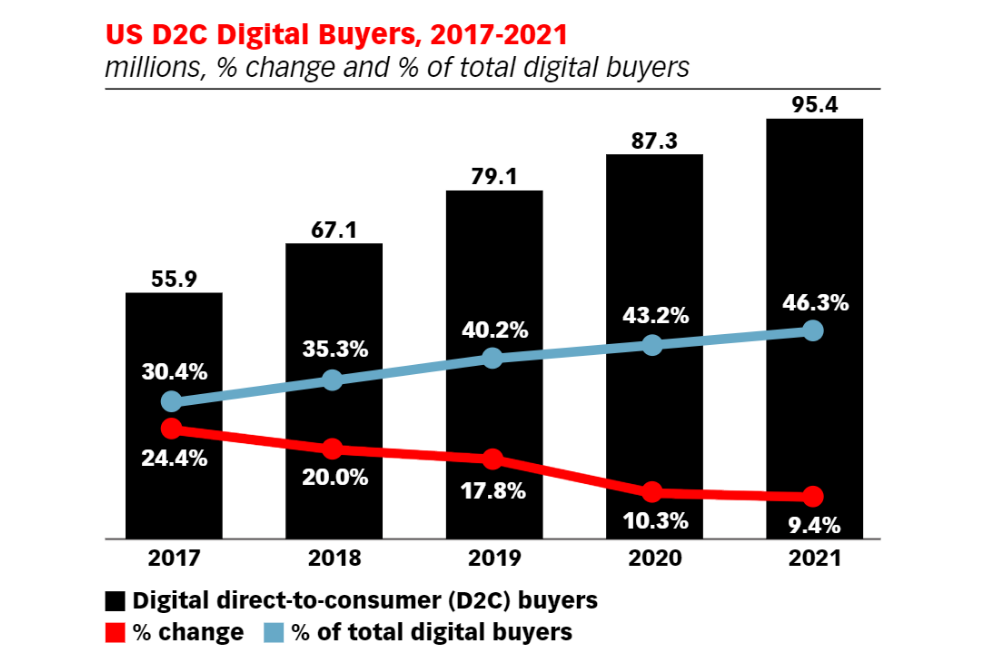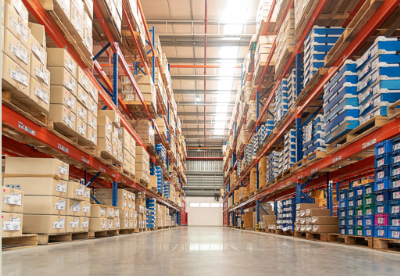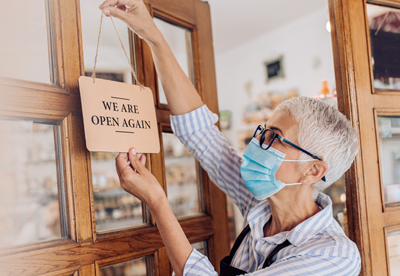Key sectors and players that contributed to ecommerce growth across the globe were
- FMCG – Unilever’s online business grew by 38% in 2020
- Apparel – Nike’s D2C sales made up 35% of Nike’s brand revenues in 2020, while Puma’s online sales grew by 60.9% during the third quarter of 2020, contributing to a growth of 66.5% in the first nine months of the year
- Beauty – L’Oréal’s online sales rose sharply by 62%, across all divisions and regions, reaching a record level of 26.6% of the total group’s sales for the year
- Furniture & Homeware – IKEA’s online retail sales increased 73%, accounting for 26% of total sales
These trends highlight the growing consumer willingness to buy directly from brands, provided the customer experience stands out or at least matches the experience delivered by their retail and ecommerce partners.
There are several reasons why D2C is appealing to consumers. Consumers believe that dealing with the manufacturer will make returns or processing warranty claims easier. A section of consumers also perceive that they will get better customer service or think that direct-to-consumer deliveries are faster and better with quality oversight on packaging and transit. The main perceived benefit for consumers is value, wherein D2C is believed to offer better purchase price.
Why a CPG company decides to go D2C
With a thriving ecommerce industry and social media presence, there has been volatility in consumer loyalty. The tectonic shift in loyalty is forcing many legacy brands to launch their own D2C channels in order to win back consumers, by delivering multi-layered and multi-faceted value
- Cost reduction (better margins) - D2C negates the role of any third-party distributors who earlier had to be paid
- Customer retention and growth due to
- better priced products
- frictionless, and unique digital experience
- personalized product offerings
- direct relationship with consumers, thus enabling a better understanding of their needs
- Increase in sales channels - Convenience, reliability and a diverse catalog of products to buy from the manufacturer's website
- Access to first hand consumer data and getting to know your consumer better – Directly understanding consumer purchase and browsing habits, leading to better designed products, packaging, price and availability
- Brand image - Offering business greater control on how the brand is portrayed
- Business flexibility - Reduced dependence on traditional retail sales channels
D2C in the CPG industry has become a necessity for the survival of the brand and is no more just a ‘good to have’ model. It is important that FMCG and non-FMCG companies partner with the right IT & ITeS service provider. A good partner can ensure delivery of value to the consumer during his/her lifecycle of experiencing the product and the allied services. D2C is not just a standalone concept but an intricately woven chain of services and capabilities that include UI/UX, omni-channel customer experience, inventory management, trust & safety, order management, logistics, digital payments, product information management, analytics and reputation management. The ability to unify these services, technologies and capabilities will clearly define the next-gen CPG company that would dominate the brand wars of the near post-COVID future.












